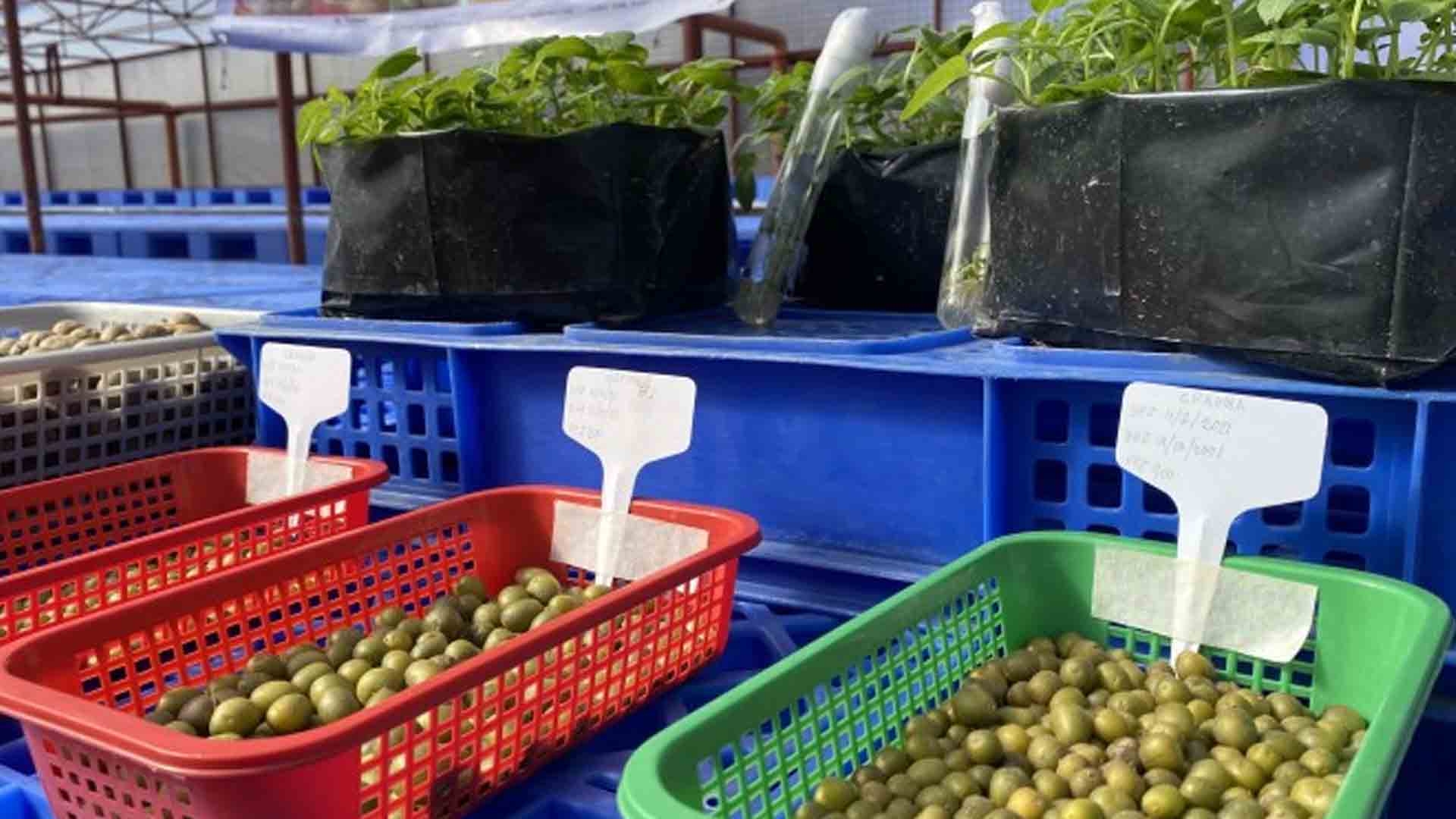Researchers in Benguet said climate change is posing a challenge to their efforts to come up with disease-resistant varieties of vegetables like potatoes.
Cynthia Kiswa, director at the Benguet State University (BSU) Research and Development laboratory, said on Monday afternoon that as an effect of climate change, insects and pests have now found it easier to multiply.
“[Kaya] nagde-develop tayo ng climate-resilient varieties kasi marami ng nag-e-emerge na sakit kaya gusto natin maka develop ng patatas na tolerant sa mga sakit (We are developing climate-resilient varieties because more diseases emerge and we want to develop disease-tolerant potatoes),” she said.
“Dumami ang insekto dahil sa effect ng changes na mas conducive na sila na mag multiply dahil sa klima (there are more insects because they have become more conducive to multiply due to the climate),” the doctor said.
She added that they are perfecting the aeroponics system technology and drip irrigation, which they hope to address diseases and pests.
She said that the most common potato diseases include the systematodes and leaf light diseases that cause early decay and a drop in production.
She said that the presence of “scabbing” or “chickenpox appearance” in potatoes’ skin results in the produce being classified as of lower quality and sold cheaper.
Bacterial mill disease among potatoes is also being addressed.
“Dati na ang mga sakit pero mas lumala (The diseases have been there all along but are more difficult to control now),” Kiswa said.
At least 75 percent of the 120,000 metric tons of potatoes in the country are produced in the following municipalities in Benguet, namely Buguis, Bakun, Kibungan, and Atok.
The commodity is also produced in Bauko, Mountain Province, and in Tinoc, Ifugao.
Kiswa said one of the functions of the research and development laboratory of the university is to produce not just “clean” planting materials but also climate-resilient varieties that will allow the production of the farmers to continue producing the commercial and household requirements for the commodity.
She said the Department of Science and Technology funds the research they are doing and has also provided funds for the improvement of the tissue-culture laboratory of the university that allows it to produce “clean” and disease-free planting materials for the farmers. (PNA)







